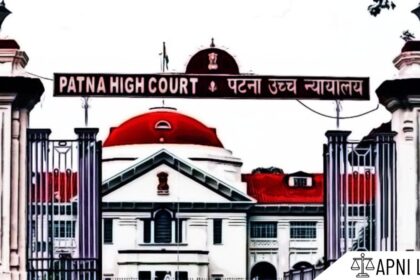The Supreme Court grants interim protection to journalist Abhishek Upadhyay directing that no coercive steps be taken against him in connection with an article he wrote on caste dynamics within the Uttar Pradesh State Administration.
A bench comprising Justices Hrishikesh Roy and SVN Bhatti was hearing Upadhyay’s plea, which seeks to quash an FIR filed against him by the Uttar Pradesh police. The FIR stems from his article titled “Yadav Raj versus Thakur Raj (or Singh Raj).” The court, issuing a notice to the State of Uttar Pradesh, has scheduled the matter for further hearing on November 5.
Reason: Supreme Court Grants Interim Protection To Journalist Abhishek Upadhyay
In its order, the bench made important observations about the role of journalists in a democracy. Thus noting, “In democratic nations, the freedom to express one’s views is respected. Journalists’ rights are protected under Article 19(1)(a) of the Constitution of India. Merely because a journalist’s writings are seen as critical of the government, criminal cases should not be filed against them.”
Background
Upadhyay’s article sparked controversy after former Chief Minister and current Leader of Opposition Akhilesh Yadav praised it in a post on social media platform ‘X’ (formerly Twitter). Following the post, Upadhyay began receiving online threats. In response, he sent an email to the Acting Director General of Police (DGP) of Uttar Pradesh. Moreover, he publicly shared it on his ‘X’ account. The official handle of the Uttar Pradesh Police responded on the platform. They had warned Upadhyay against spreading “rumors or misinformation,” adding that such activities could invite legal consequences.
Upadhyay’s petition also seeks the quashing of any other FIRs. These FIR’s may be related to the same incident that may have been lodged in different locations. He argues that the FIR filed against him even referred to Chief Minister Yogi Adityanath as “God.”
The FIR against the journalist cites multiple offenses, including those under Sections 353(2), 197(1)(C), 302, and 356(2) of the BNS Act, along with Section 66 of the Information Technology (Amendment) Act, 2008. Upadhyay’s plea challenges the legal basis of these charges.










